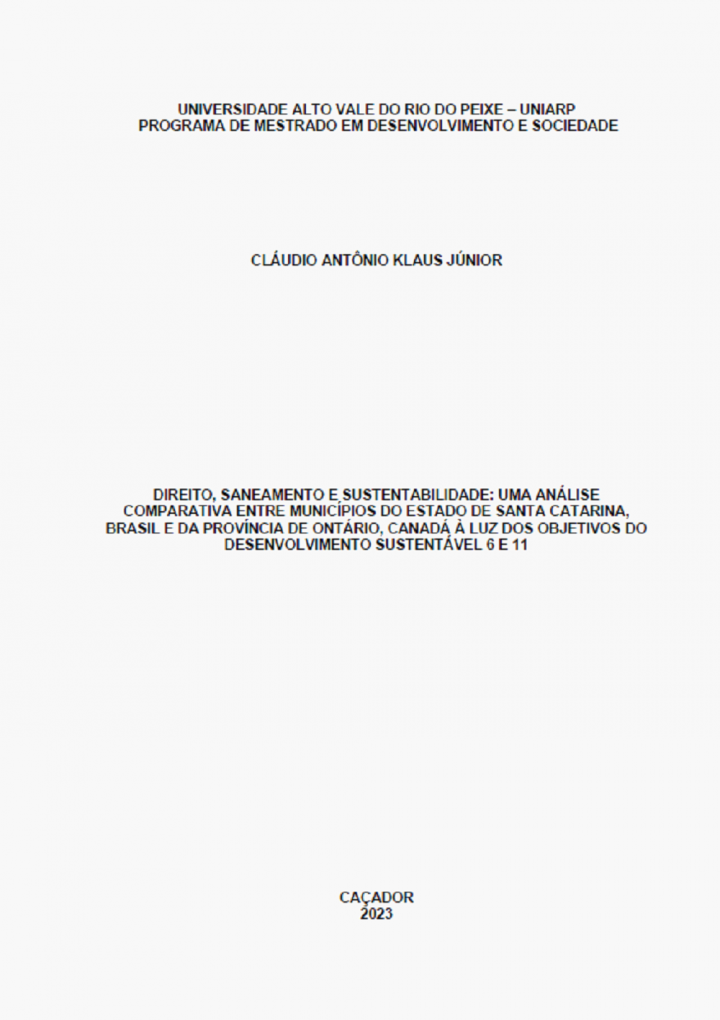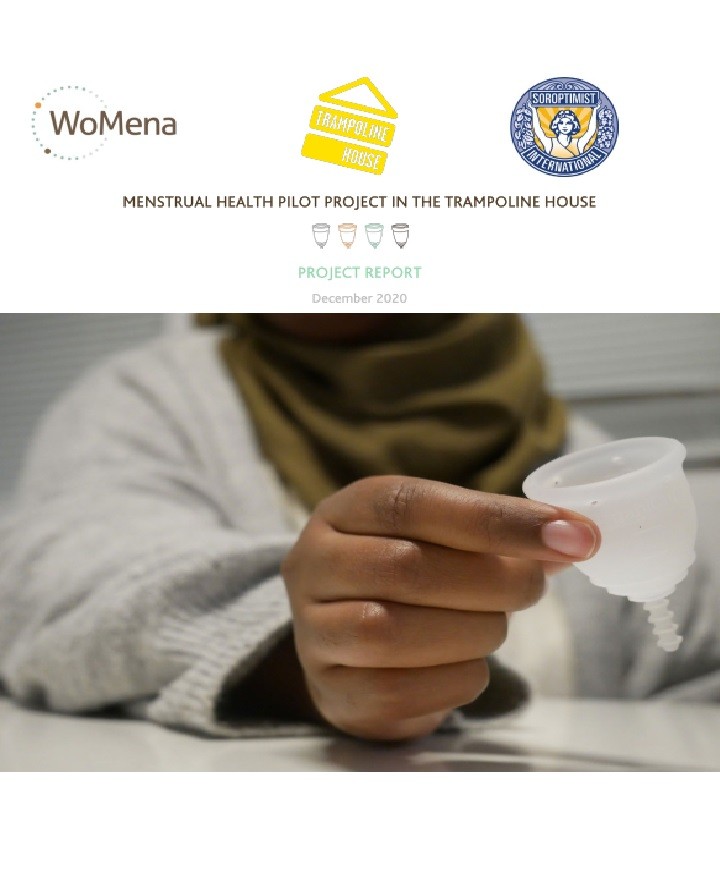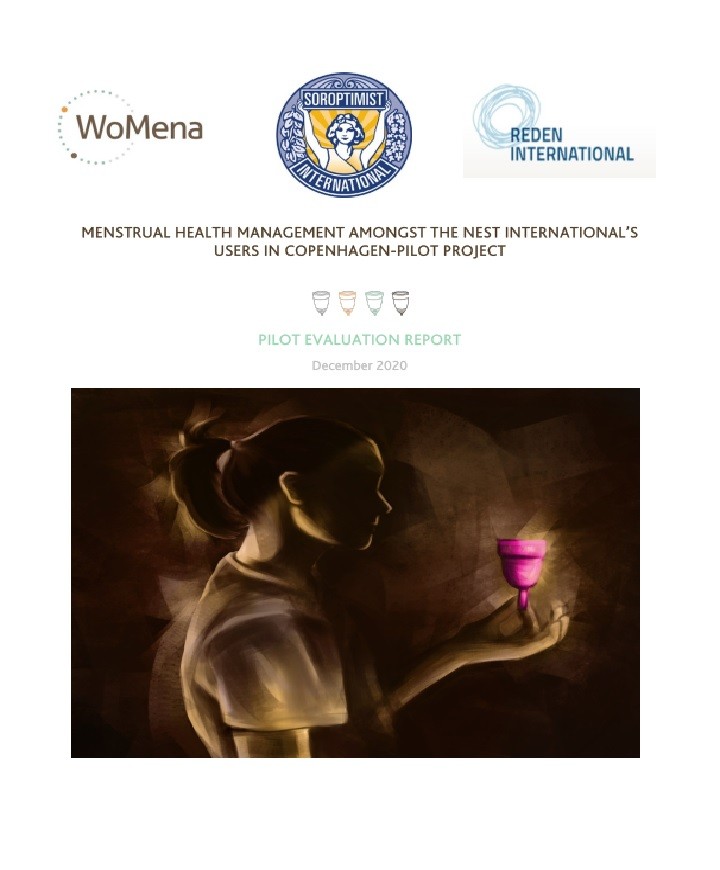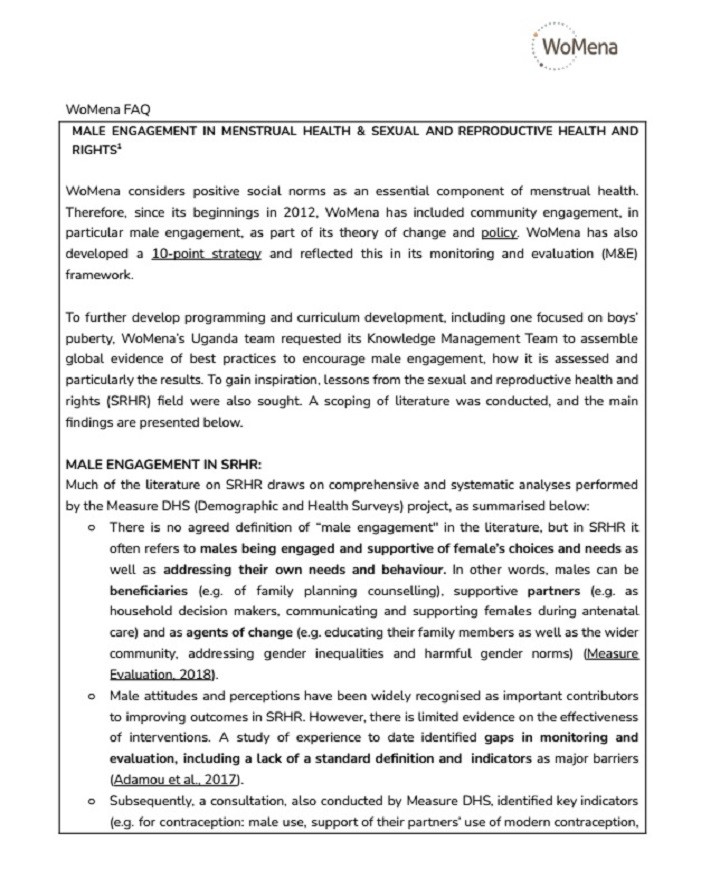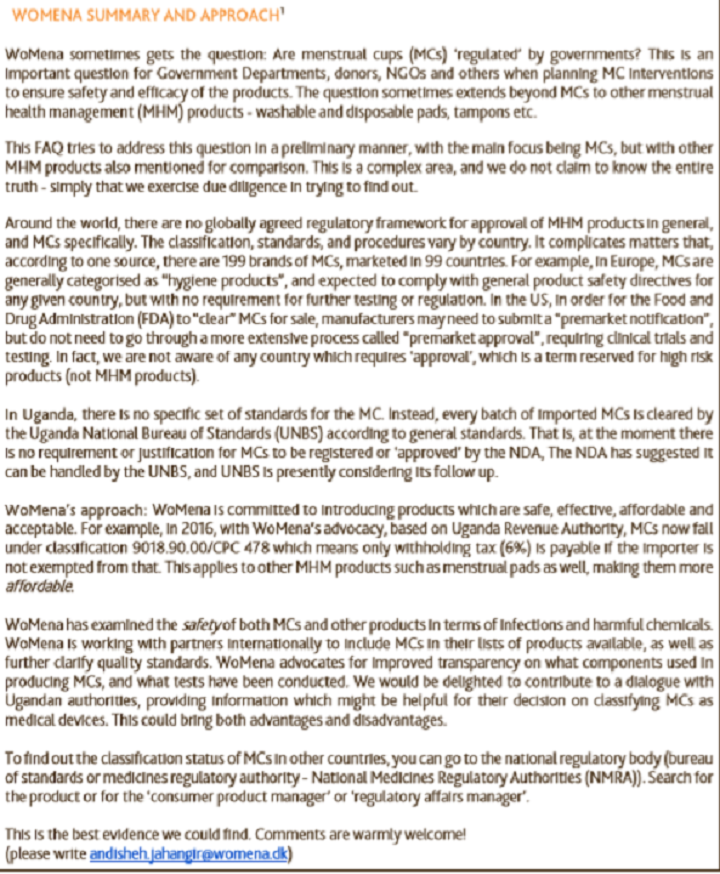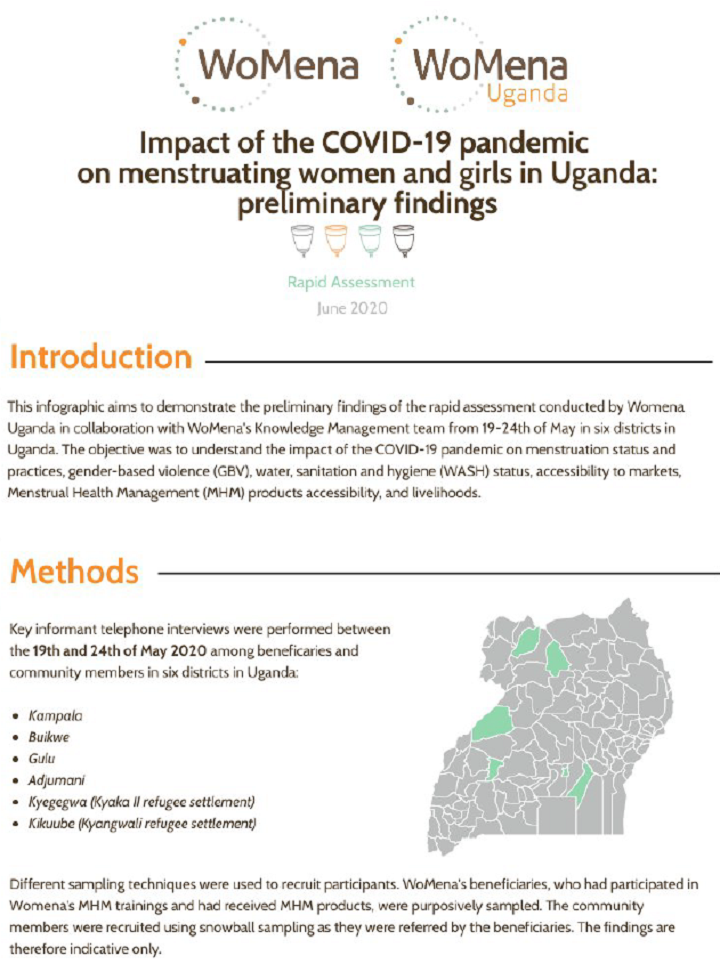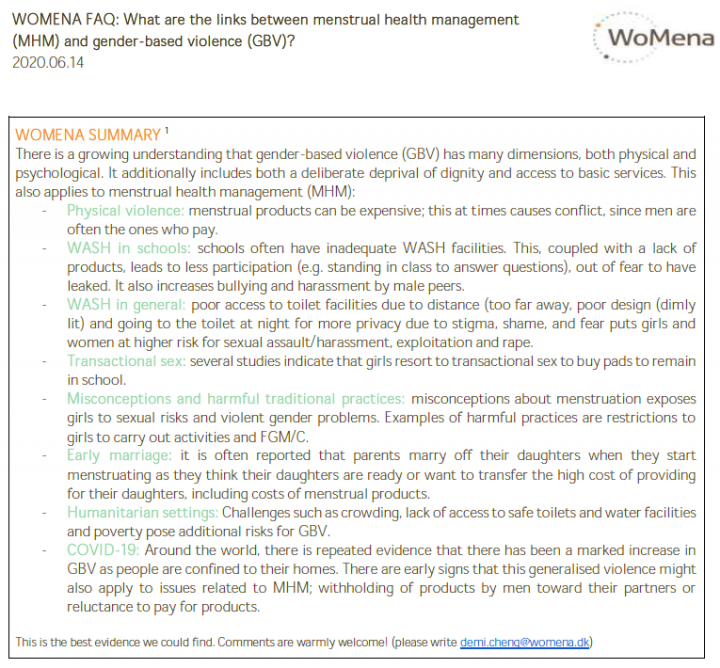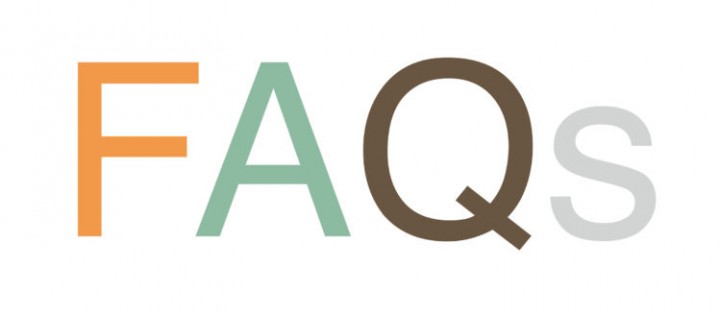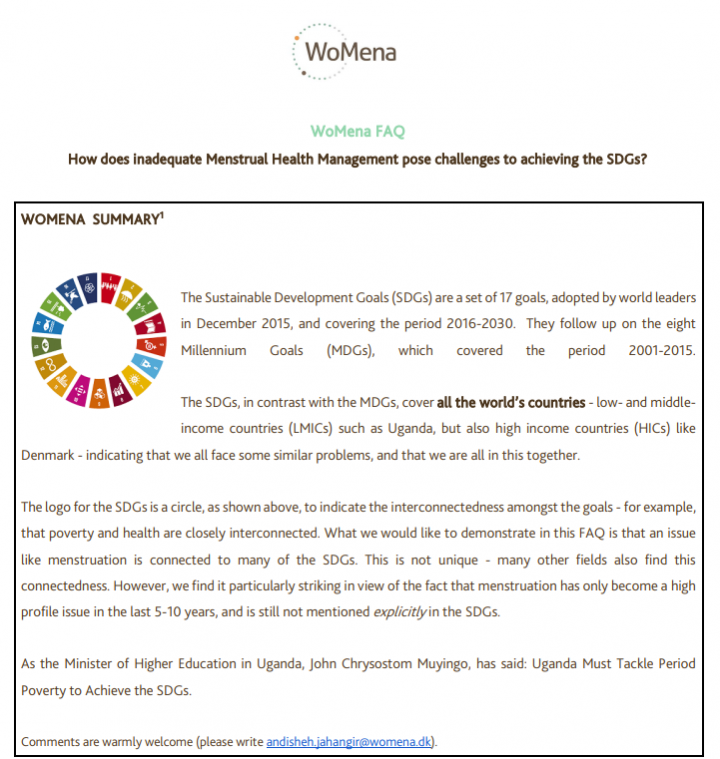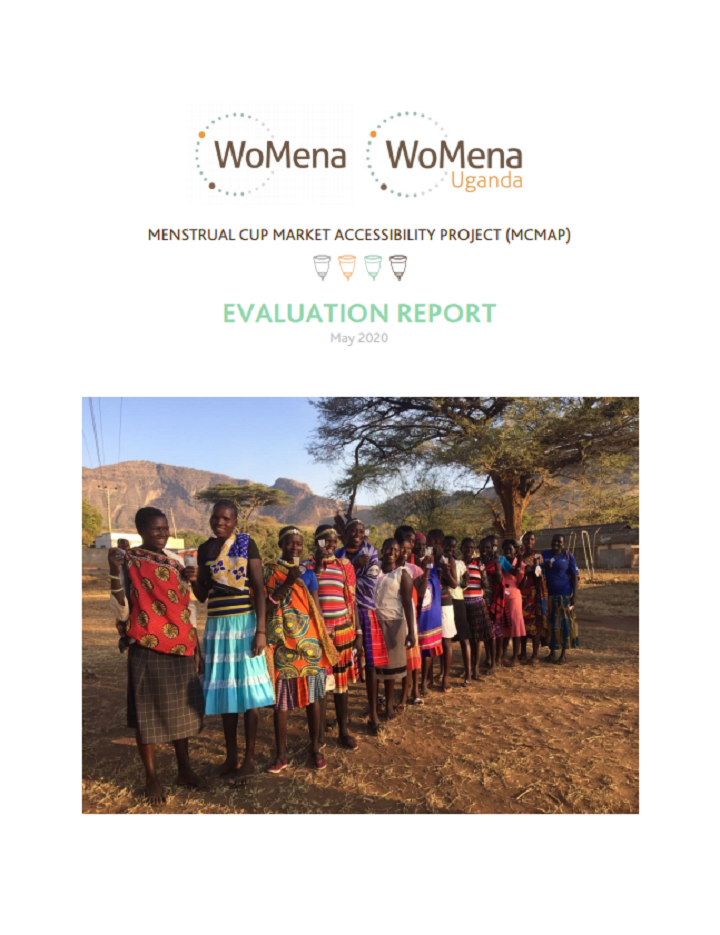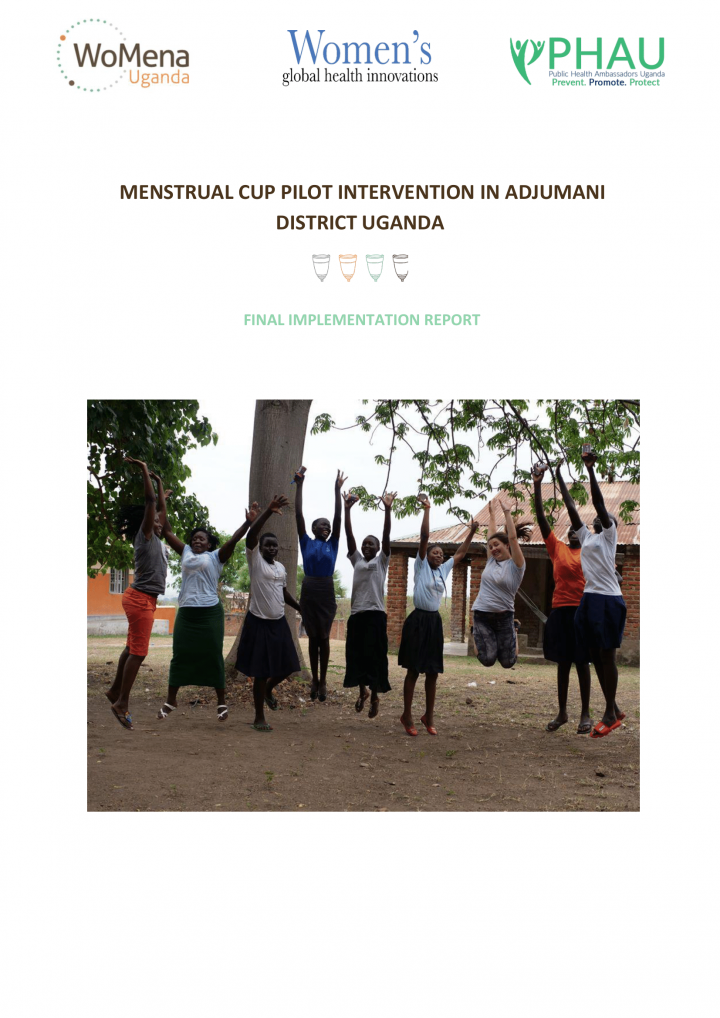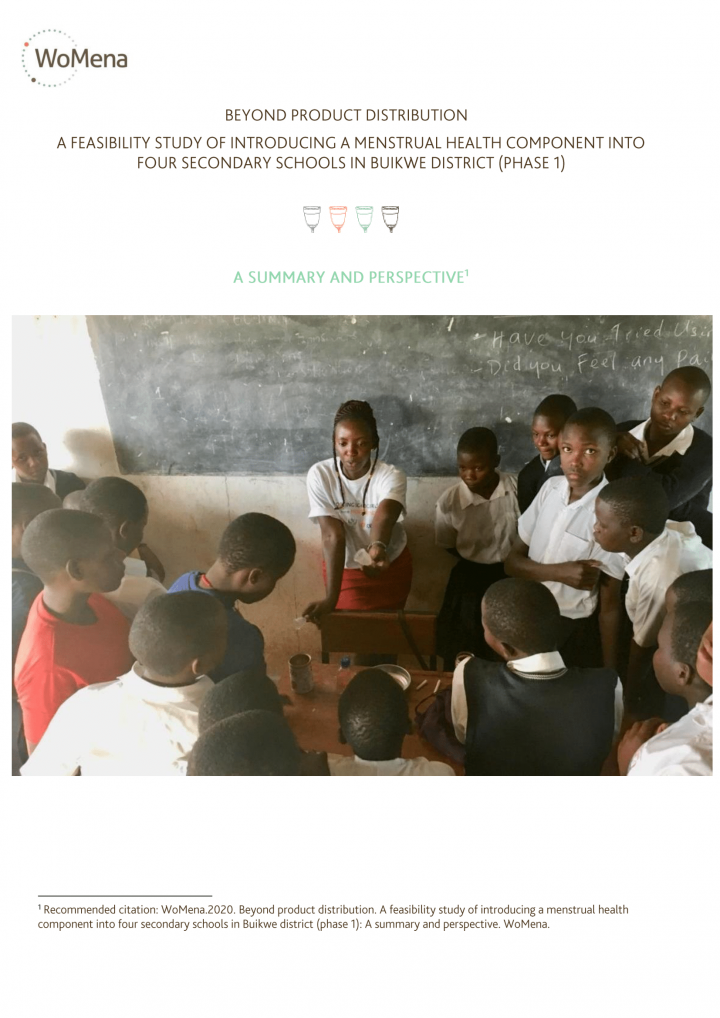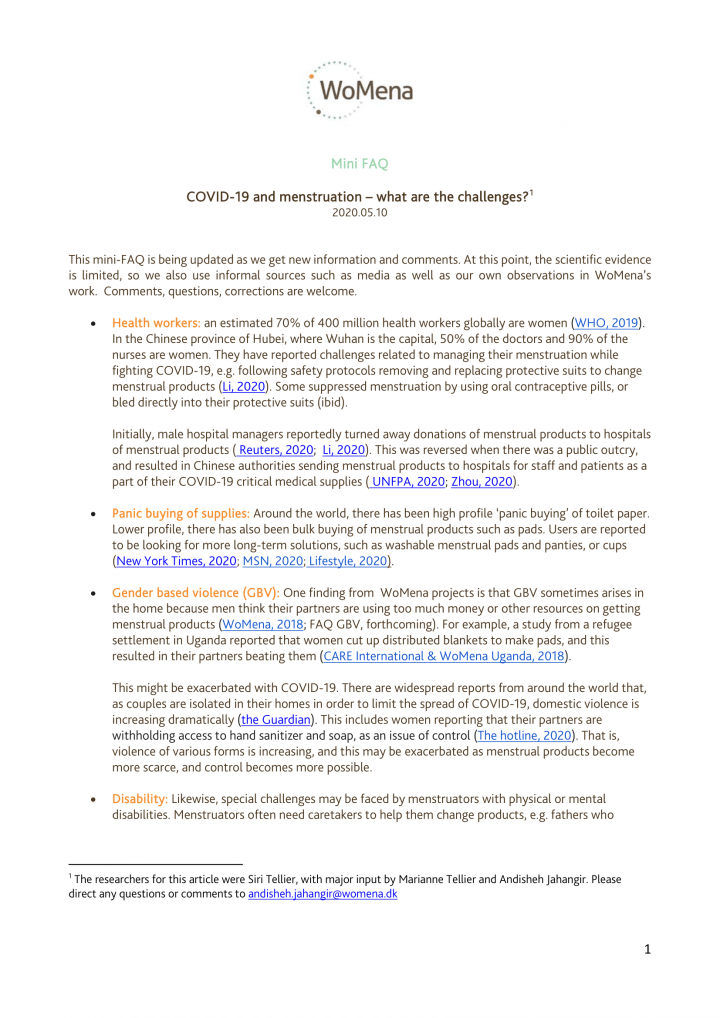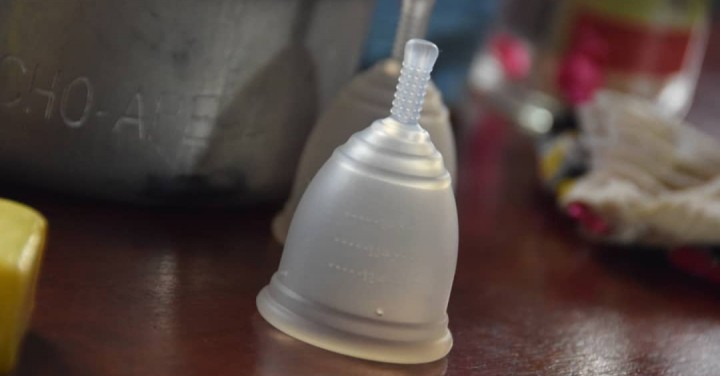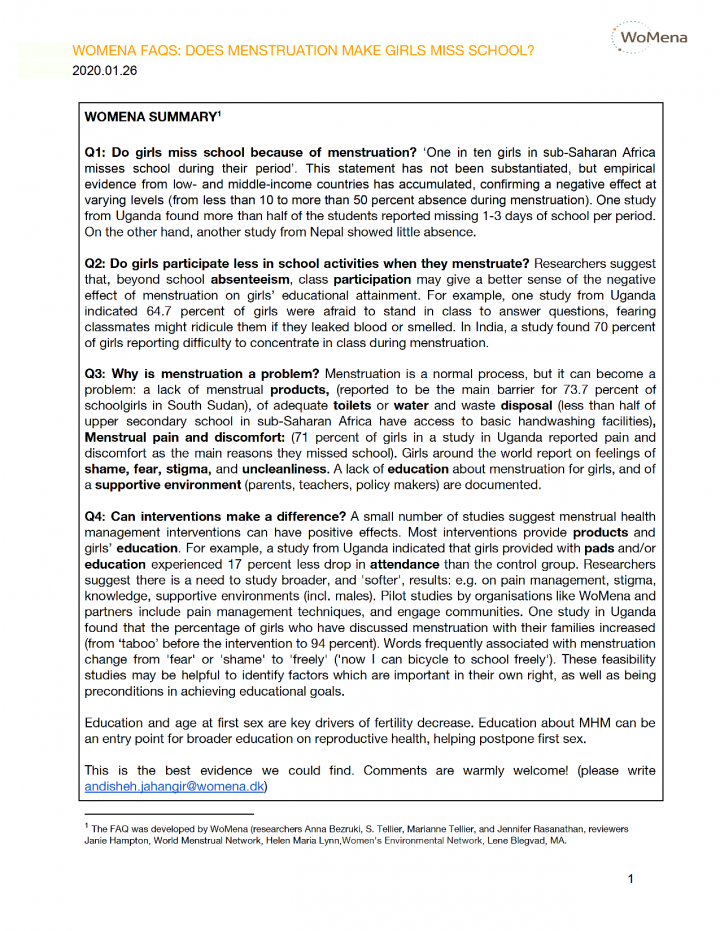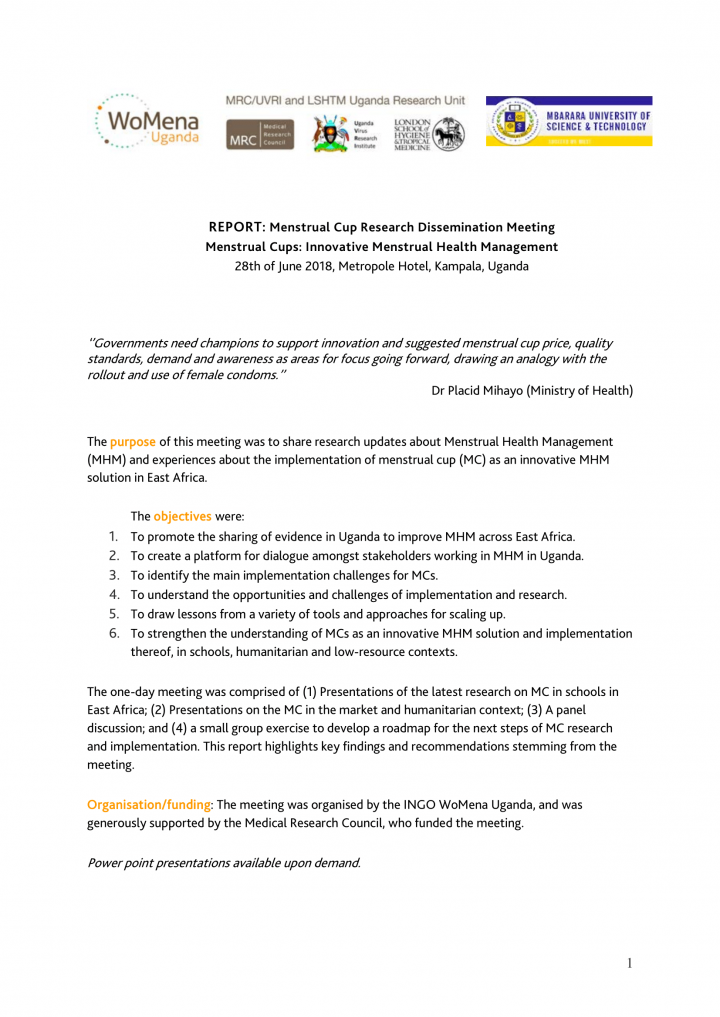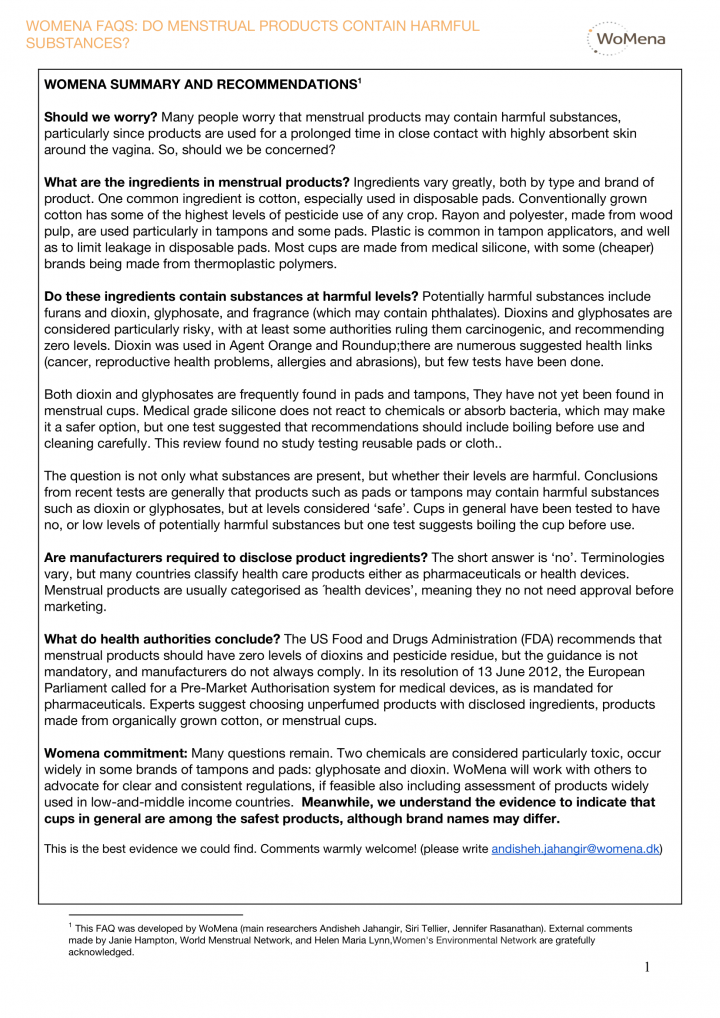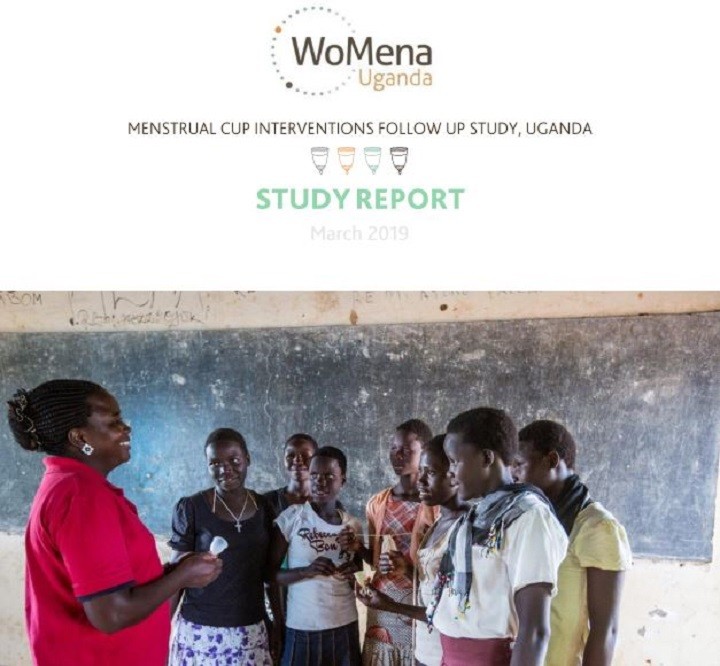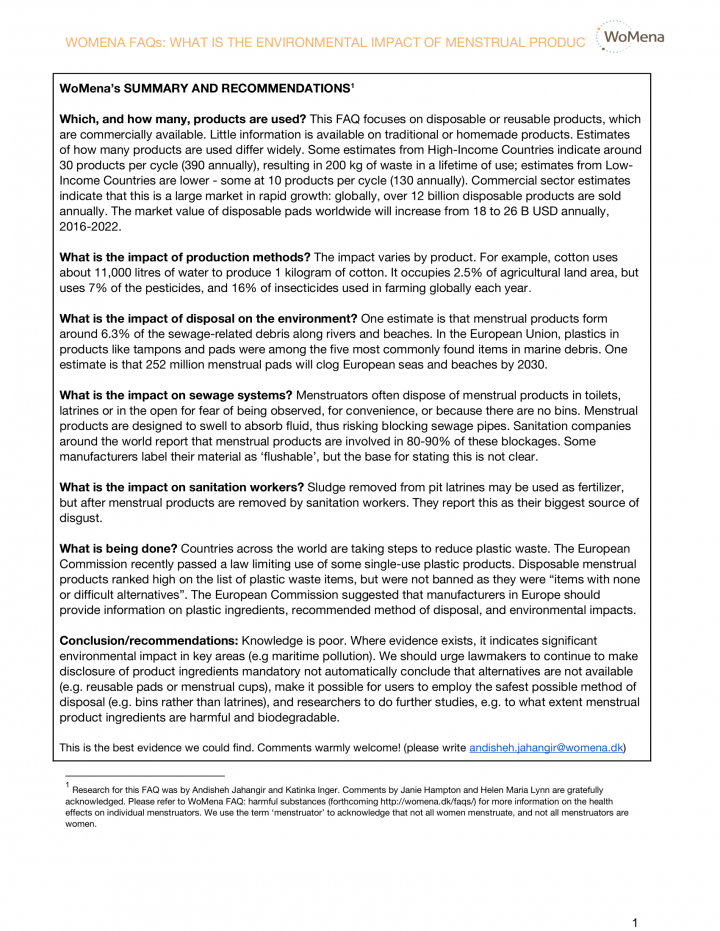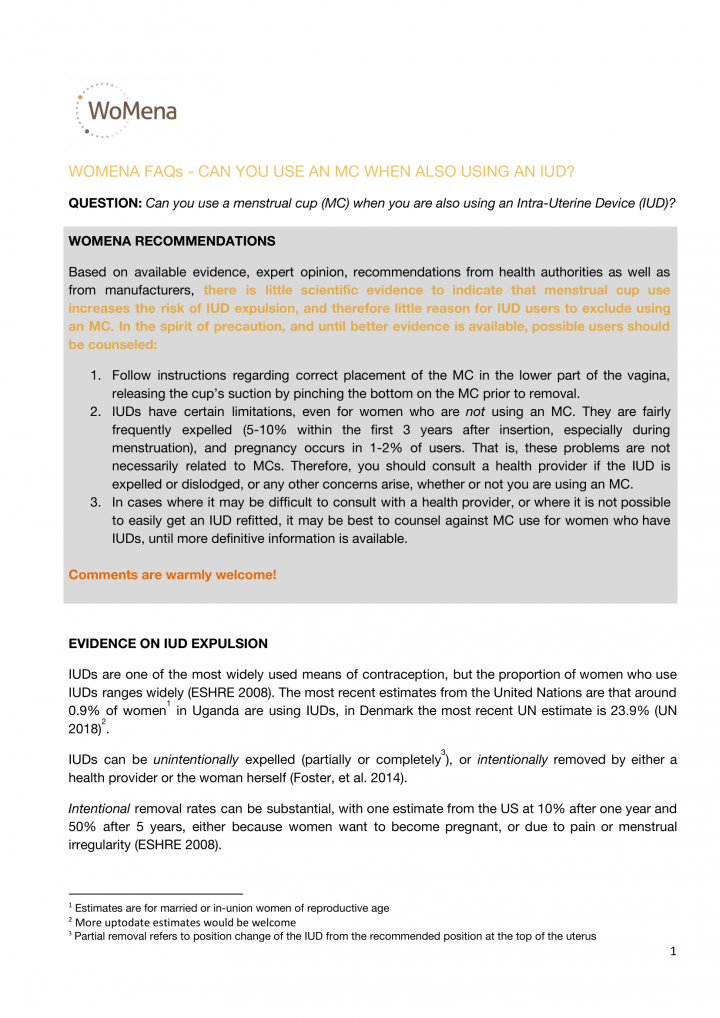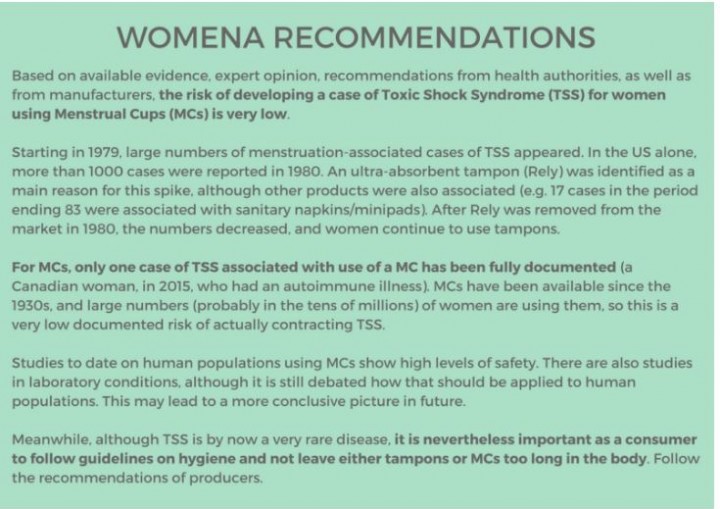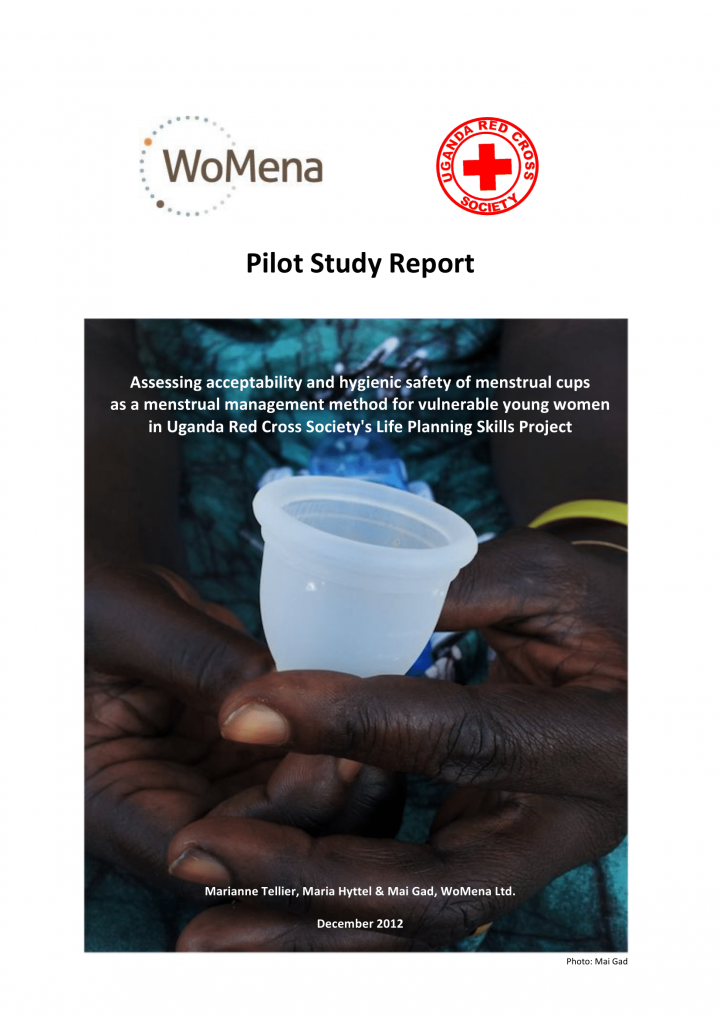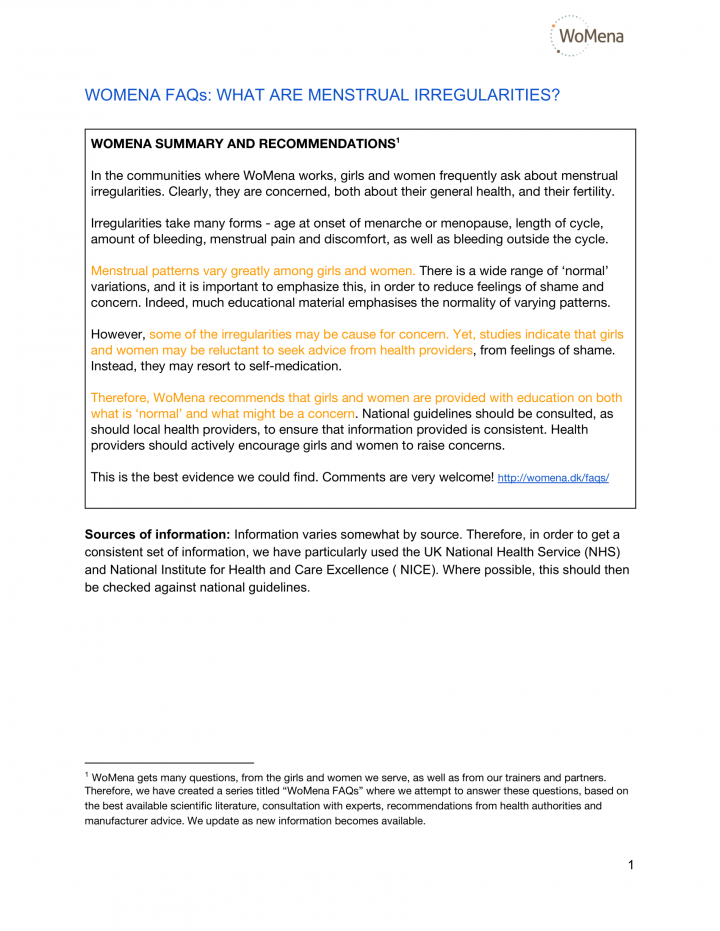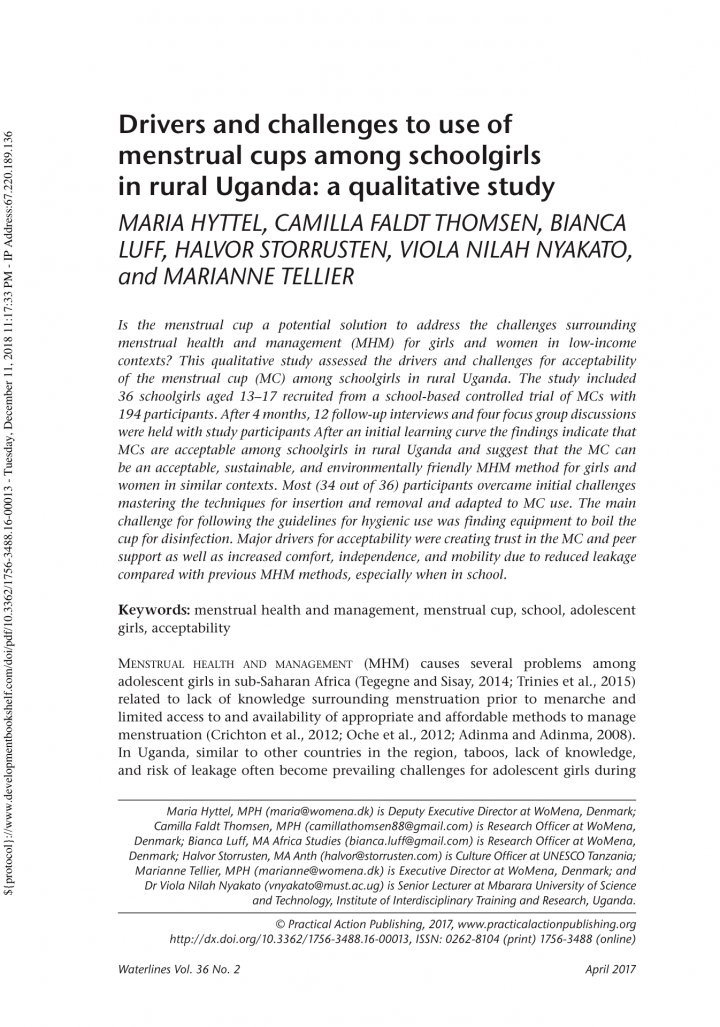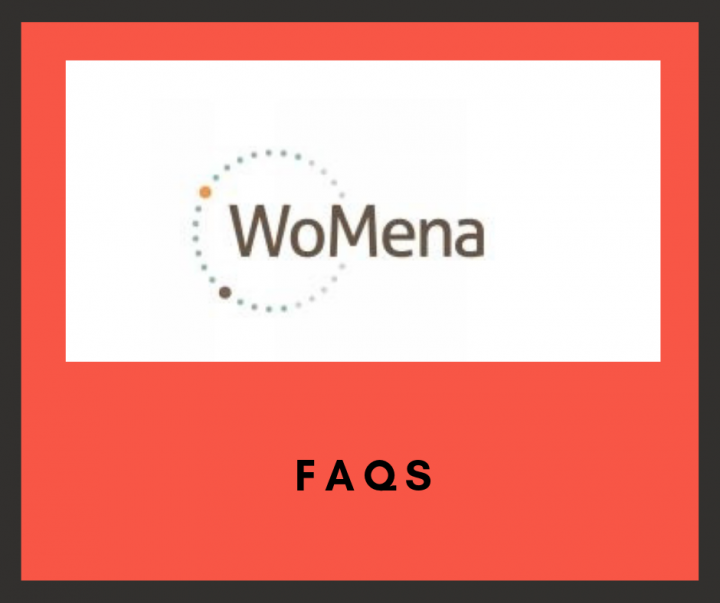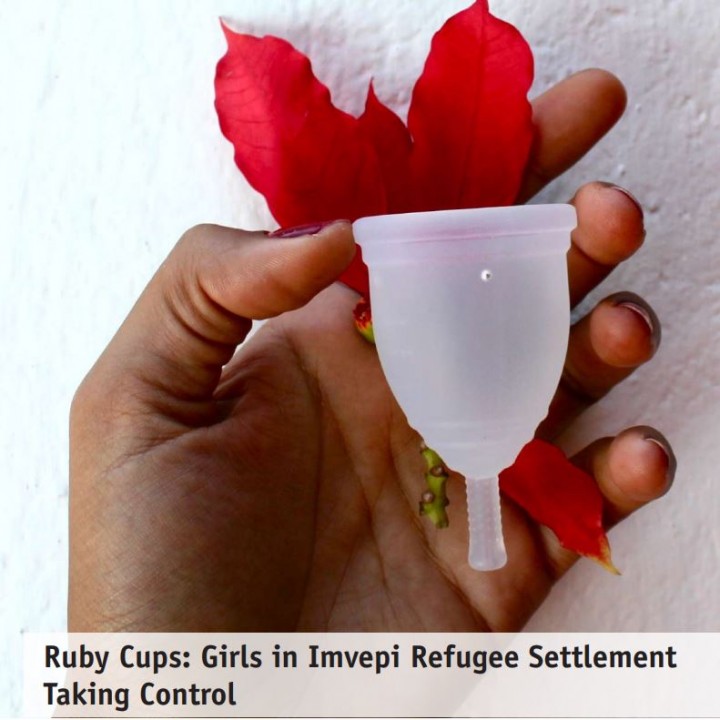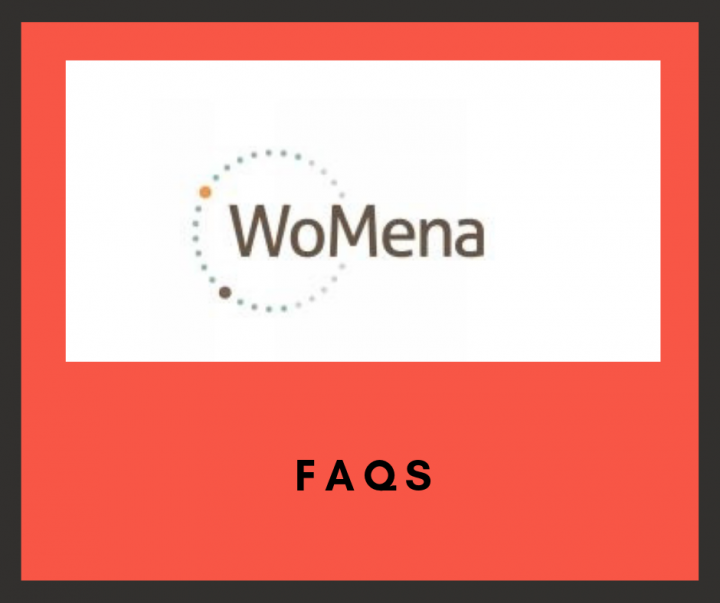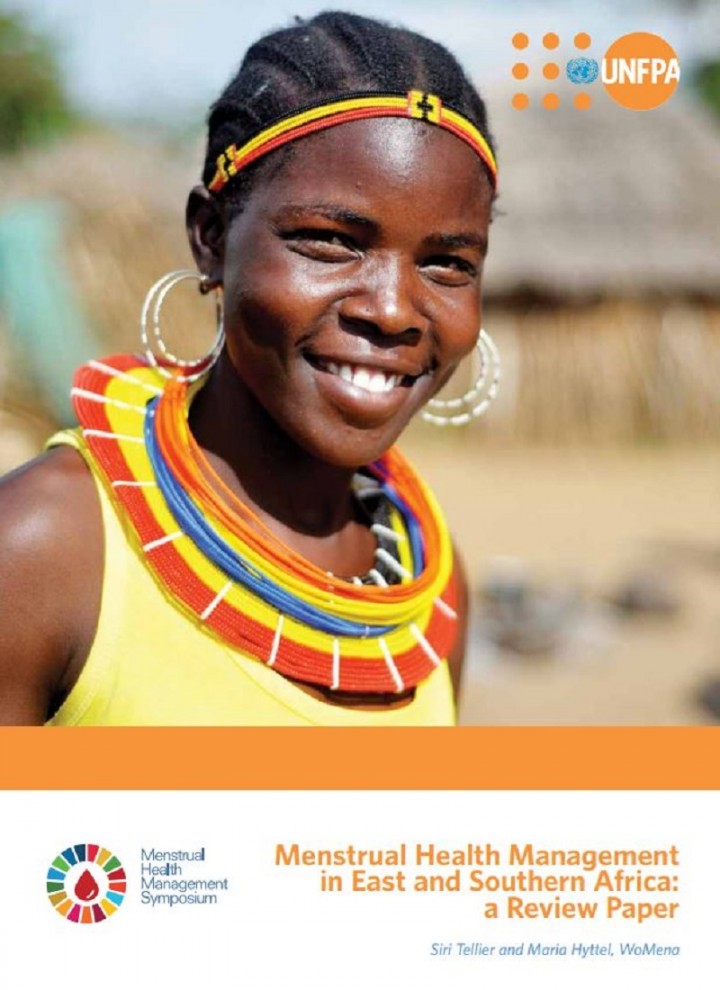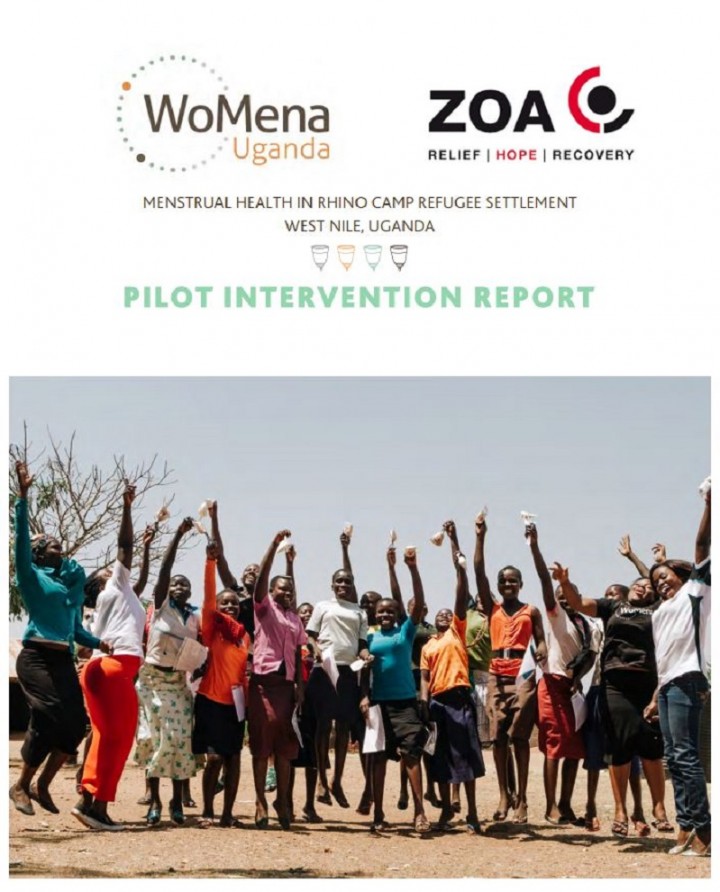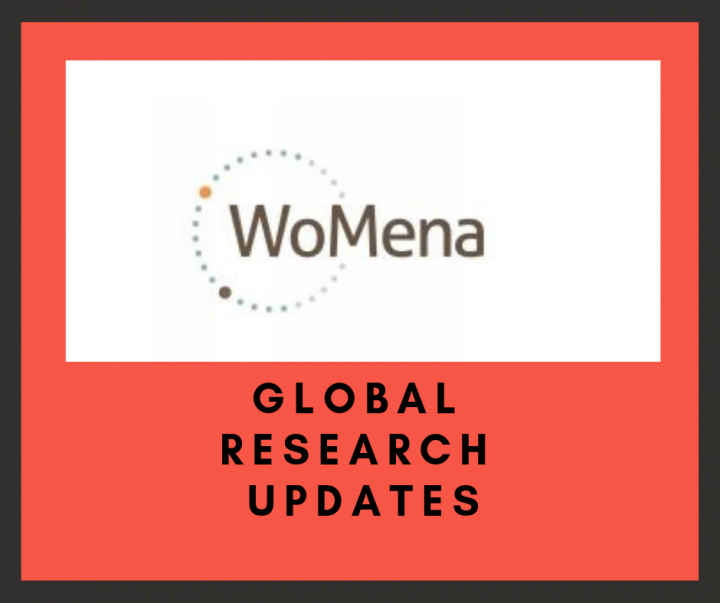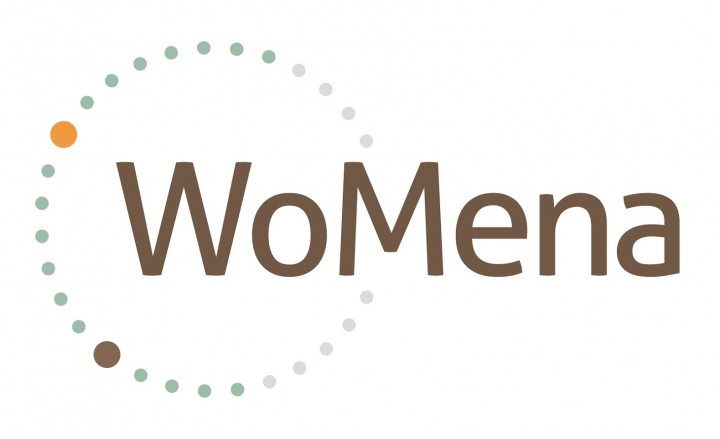
WoMena is an NGO working with the implementation of innovative reproductive health solutions (e.g. menstrual cup, reusable pads) in developing contexts, currently focusing on menstrual health. WoMena consists of Public Health, Development, Medical, Communication & Sociology professionals with expertise in reproductive health. African women is one of the key groups that we focus on, while involving men positively in our work and solutions is also a key priority. To address the issues above, we provide services for the private sector, NGOs, governments and research institutions such as:
- Literature review and policy analysis
- Research design and implementation
- Program design and assessment
- Grant proposals and management
- Action plans for bridging research and policy
In addition to our commissioned work, we do strategic independent work related to our core issues, such as strategic analysis and presentation of information related to menstrual cups and family planning to central stakeholders and fora.
Countries of activity
Location of projects and headquarters
Added to library: 30
Filter tags
International NGO

WoMena
Kigowa Rd - Kaduyu Road - Ntinda Kigowa zone
00000 Kampala
Uganda
visit the website
Login for more
Projects: 0
Events:0
Added to library: 30
Partner since: May 2018

